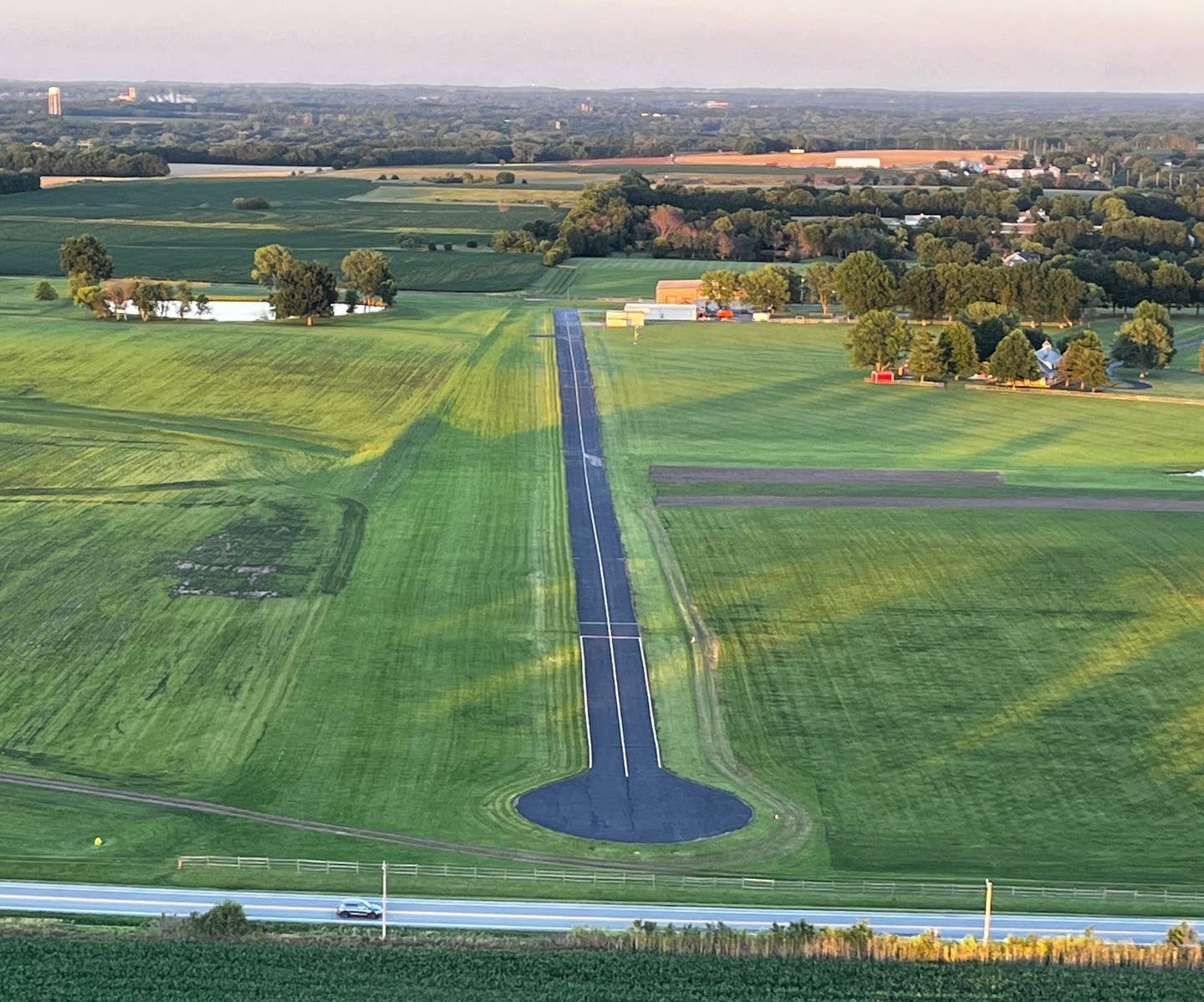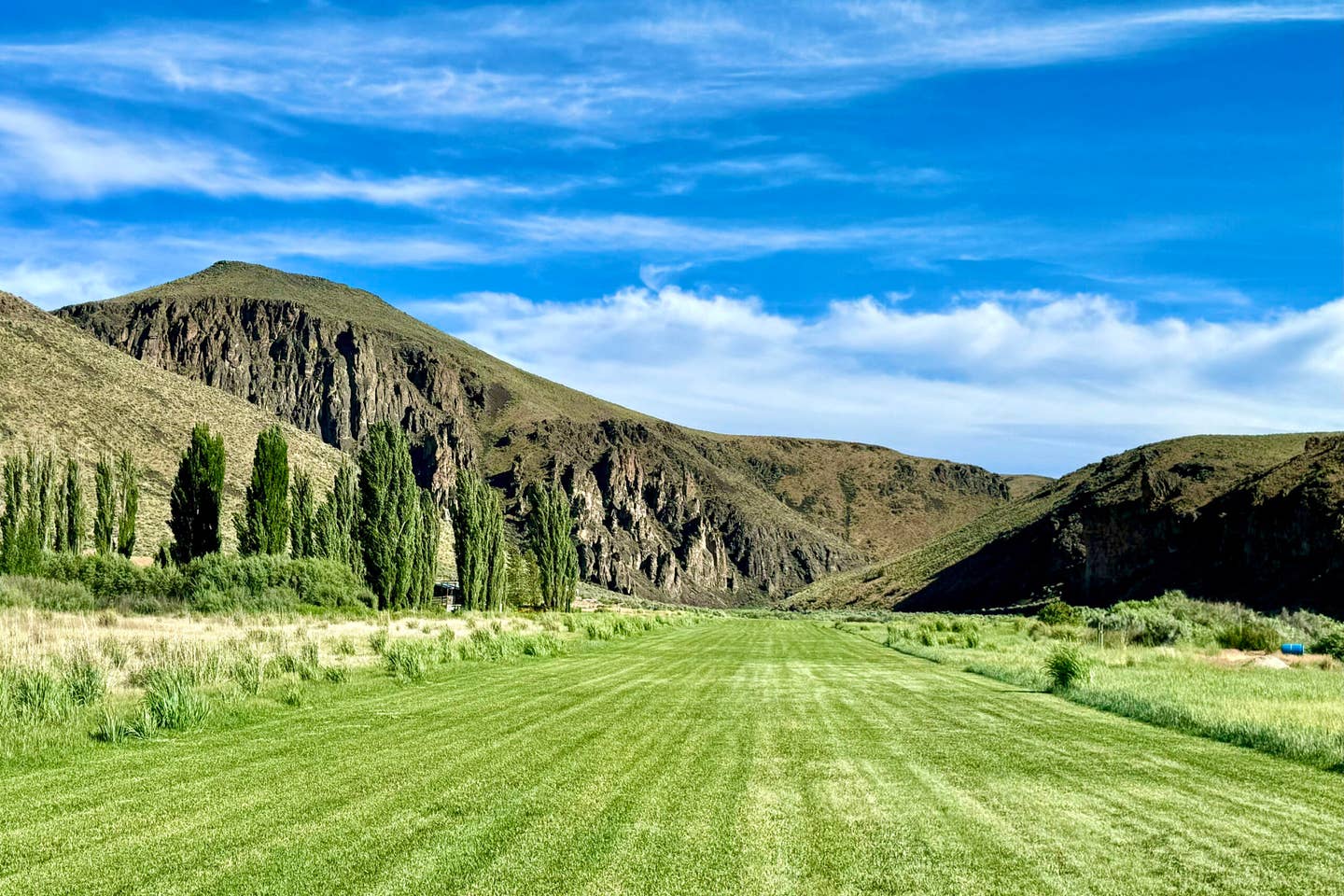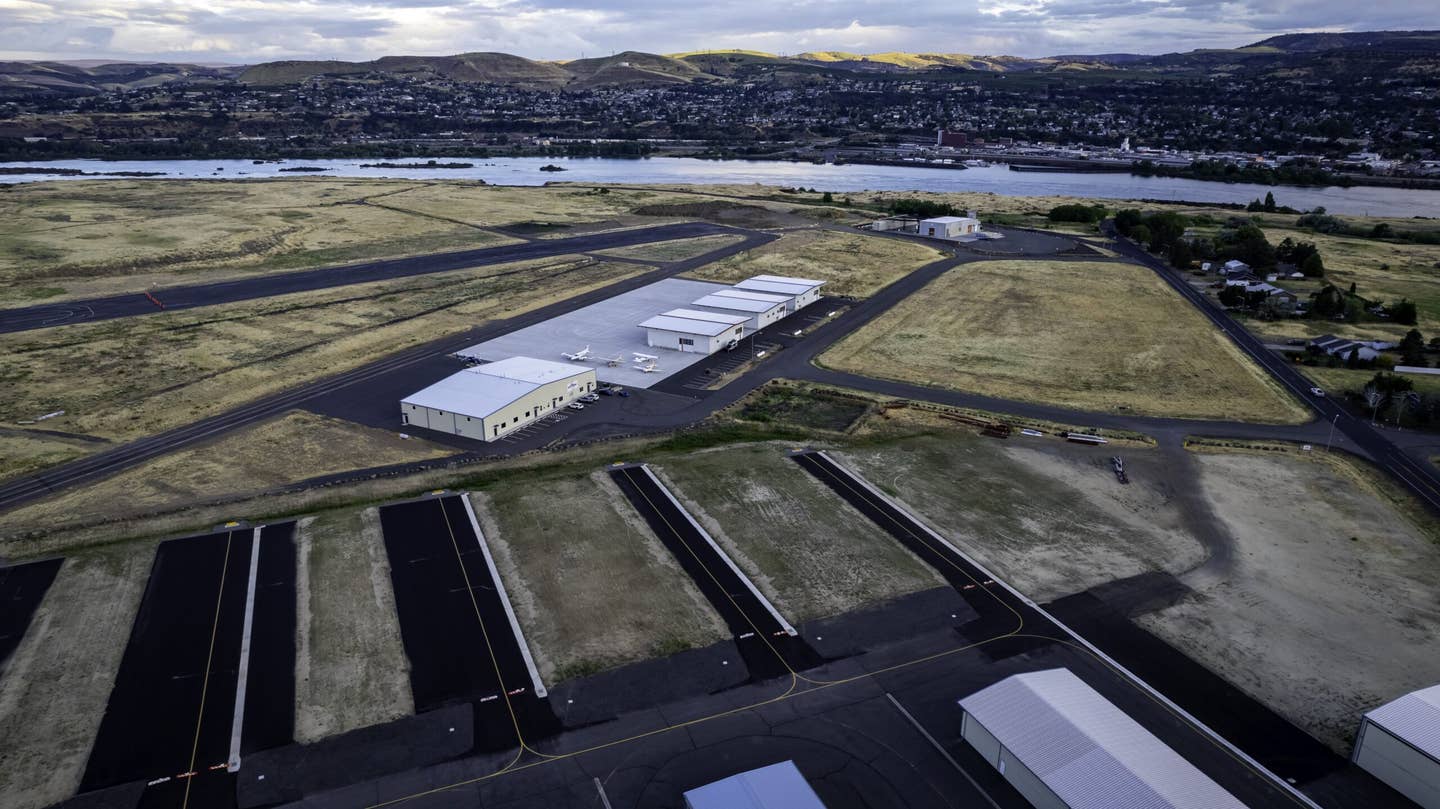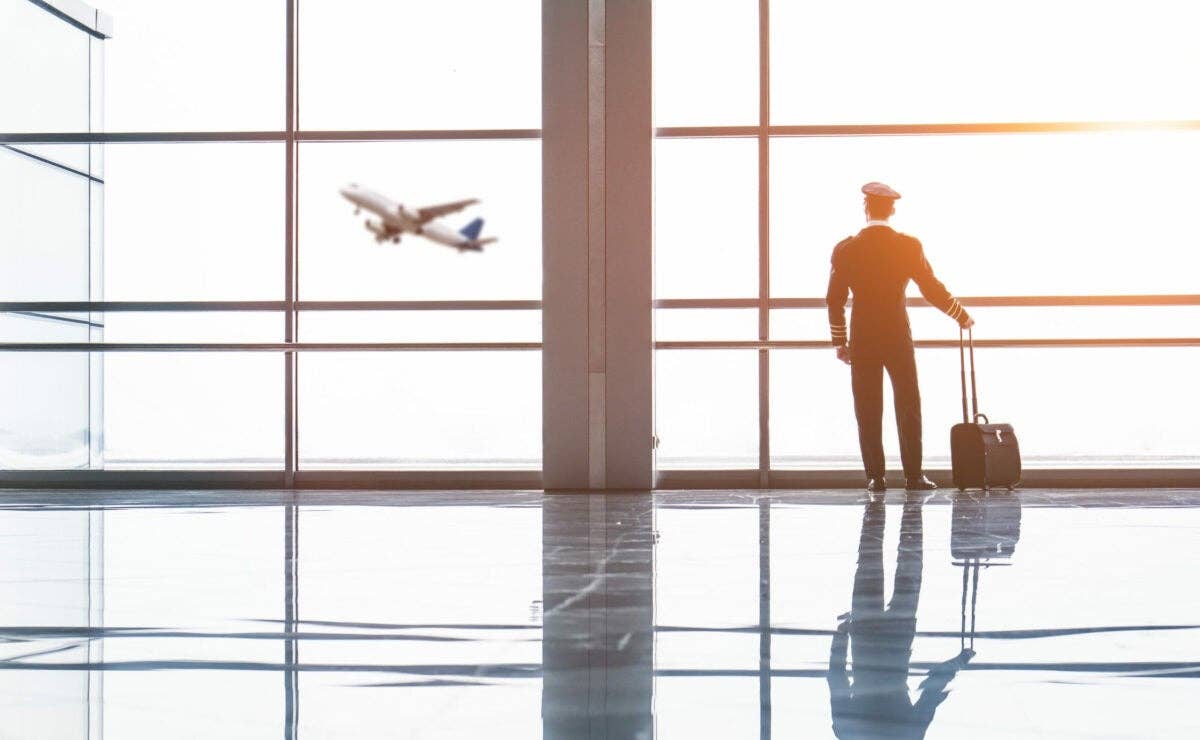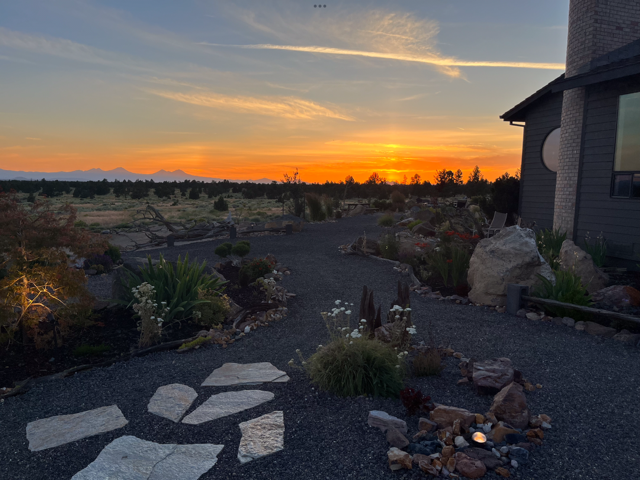How To Get to the Sequatchie Valley by Airplane
With 83 public airports in Tennessee, there are a plethora of fly-in options for your next adventure.

There are several options for flying into Roanoke, Virginia. [Adobe Stock]
According to Maps of the World, there are 83 public airports in Tennessee. Only five of those are used by commercial carriers. What this means is, if you want to partake in the plethora of outdoor recreation in Tennessee, there is a good chance you will be able to fly your airplane to the destination.
For activities in the Sequatchie Valley, there are a few airports to choose from:
Mark Anton Airport (2A0), Dayton, Tennessee
This nontowered airport is a good place to fly into if you are heading toward the Wall or Stone Fort crags, Woodcock Cove, or the Sequatchie River. The airport is located 4 miles east of the town. If you arrive after hours, you can access the pilot lounge on the north side of the terminal. The code is the same as the unicom frequency. Self-service fuel—both 100LL and jet-A plus—is available.
The airport has Runway 3/21, measuring 5,001 by 100 feet, and if you arrive near dusk, look for deer and coyotes. If you fly in between November and February, add migrating sandhill cranes to that lookout list. According to airport manager Bryan Janisch, many pilots come in to purchase locally produced honey or to participate in fishing tournaments: “We are the large-mouth bass capital of the world."
Warren County Memorial Airport (KRNC), McMinnville, Tennessee
For pilots who are heading to South Cumberland State Park, Warren County Memorial Airport (KRNC) is a good choice. The airport is located 3 miles west of McMinnville and about an hour’s drive from the park.
Runway 5/23 measures 5,000 by 100 feet and has trees at both ends that the county is in the process of thinning. Be on the lookout for deer in the vicinity. There is an RNAV approach for Runway 23 and special takeoff minimums apply—check the notes on the approach plate.
The airport has 100LL and jet-A plus self-serve fuel, and according to airport manager Jim Dyer, they have plenty of tie-down spots, and space for rent in a community hangar. In the fall, there is a festival in town that’s easily accessible—because there are friendly people around to give a visiting pilot a lift.
Franklin County Airport (KUOS), Sewanee, Tennessee
The nontowered airport at Sewanee is located on top of a bluff—about 1 mile east of the town—which, according to airport manager Tommy Johnson, can create some interesting wind patterns when an aircraft is on approach to Runway 6/24.
The airport has a windsock, but the locals say the flag atop the flag pole next to the FBO works well to determine wind direction, as the airport does not have an AWOS (automated weather observation system). The airport has 100LL self-serve fuel available.
The runway measures 3,700 by 50 feet, which is smaller than a lot of the other public-use airports in the area, and it has a slope, so pilots should plan accordingly. “Runway 24 has a downhill slope; Runway 6 has an uphill slope. The difference is about 50 feet,” Johnson says. Although there is no designated calm wind runway, most pilots select Runway 24 because the airport is surrounded by trees, and the departure end of 24 is a bit more clear than that of 6.
There are no cars available for quick trips into town; however, there are bicycles to use and a paved path that provides an easy ride or walk. If the runway can accommodate your aircraft and you can arrange for a car to pick you up, KUOS is another option for visiting South Cumberland State Park, which is a 12-minute drive from the airport.
Crossville Memorial Airport-Whitson Field (KCSV), Crossville, Tennessee
Crossville is known by many as the golf capital of the state of Tennessee. According to airport manager Greg Livingston, pilots arriving with golf clubs are a common sight at the airfield.
The runway, aligned 8/26, measures 5,418 by 100 feet so it can handle single-engine and twin traffic with ease. There tends to be a crosswind, says Livingston, adding that the airport does not have a preferred runway and as it is nontowered, aviators need to bring their good communication skills.
The airport has both self-service pumps and fuel trucks with 100LL and jet-A plus. The airport has ILS, RNAV, and VOR-A approaches, and pilots should check the notes for special takeoff minimums and departure procedures. For VFR pilots, the approach over the lake is said to be a thing of beauty.
This article was first published in the 2022 Southeast Adventure Guide of FLYING Magazine.

Subscribe to Our Newsletter
Get the latest FLYING stories delivered directly to your inbox

